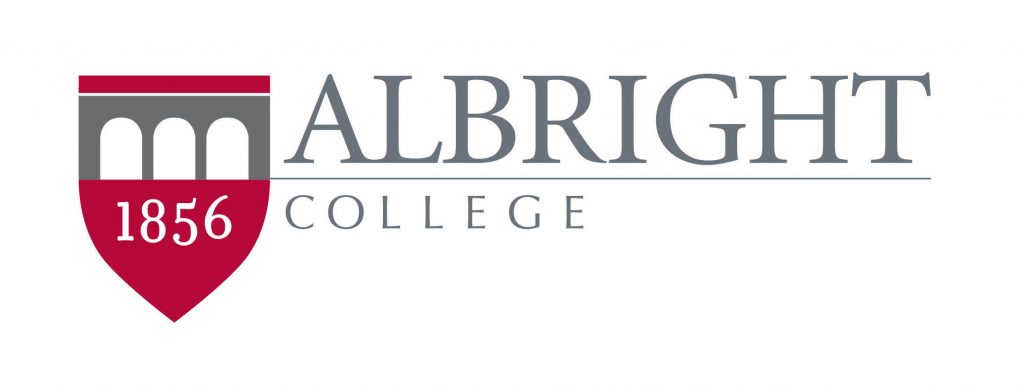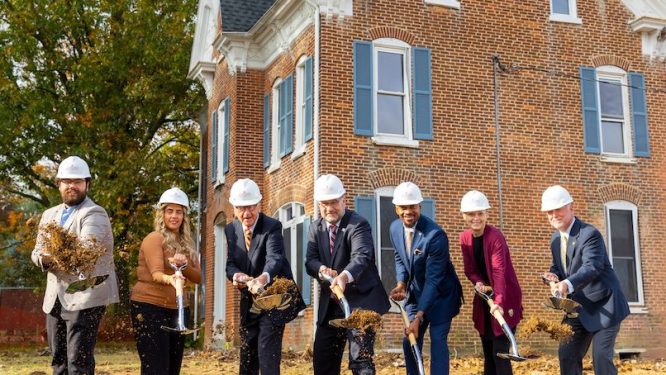Reading, Pa. – Adult college students want flexible educational programs taught by instructors who respect their life experiences and who bring industry knowledge to their teaching.
That’s according to a new study by Albright College researchers examining the preferences of adult learners, or those students age mid-20 and older, who are pursuing undergraduate degrees.
The study, recently published in the Journal of Adult and Continuing Education, is co-authored by Lindsay Phillips, Psy.D., an associate professor of psychology who teaches in Albright’s Accelerated Degree Programs (ADP) for adult learners, and by three ADP alumnae – Carolyn Baltzer ’11, Lisa Filoon ’11 and Cindy Whitley ’12.
The researchers hope institutions will use the study’s findings to inform and improve their adult educational programs.
Unlike most traditional 18- to 24-year-old college students, adult learners are often juggling fulltime careers, raising families, and carrying other responsibilities as they return to school, in some cases for the first time in many years.
“These are people worthy of degrees, but for many, there were barriers that they faced at age 18. Though they could not complete college at a traditional age, they can now,” said Phillips.
Through quantitative and qualitative surveys of 132 adult learners, the researchers found that this population wants instructors who respect and understand their life experiences. Adult learners, according to the study, also prefer instructors with applied field experience over published scholarship.
“More flexibility, more practical knowledge. It’s easier to learn when you can hear real-life stories,” said Baltzer.
Some professors, said the co-authors, make the mistake of not considering how adult learners’ lives and priorities differ from those of traditional students.
“Respect is so important, to treat us as equals,” said Filoon. “There’s the demand of family and work. We want this degree and we’re going to work hard for it.”
Phillips said the study is important on multiple fronts. For one, the literature on this demographic was outdated, and the adult college student population is growing. According to the study, between 2008 and 2019, enrollment of undergraduate students ages 25 to 34 is expected to increase by 28 percent, and by 22 percent for students age 35 and older. In comparison, enrollment of traditional students is likely to grow by only 12 percent.
The study can also help institutions improve their adult programs by informing their hiring practices to favor industry professionals over career academics, by re-training current faculty to be mindful of the needs and concerns of adult learners, and by staying abreast of new research on this demographic.
For the three alumnae co-authors, the study provided validation for what they all knew personally as adult learners themselves. “We talk about it all the time. The study for me cemented what we all felt,” said Whitley.
Future research, said Phillips, should directly compare the preferences of traditional and adult students.
To read the full article: http://journals.sagepub.com/doi/full/10.1177/1477971416683488.




